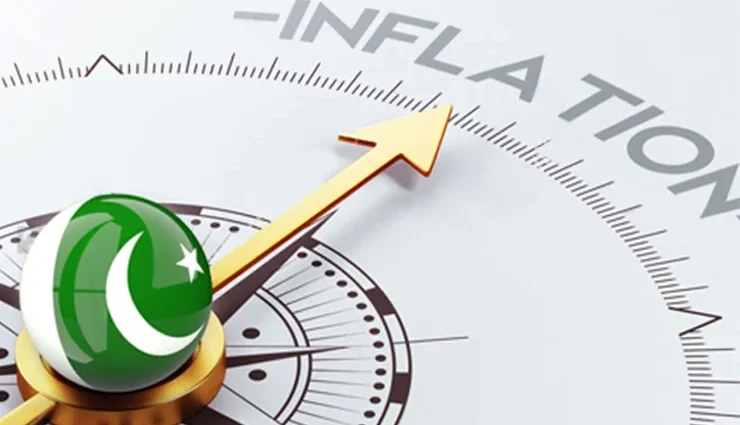ISLAMABAD ( WEB NEWS )
The Ministry of Finance has projected that the inflation rate for the month of July will remain between 3.5 and 4.5 percent, attributing the expected stability to subdued prices and improved supply conditions.
According to the ministry, inflation in June stood at 3.2 percent, while the average inflation for the fiscal year ending 30 June came in at 4.49 percent—its lowest level in nine years compared to last year’s 23.4 percent.
According to the ministry, inflation in June stood at 3.2 percent, while the average inflation for the fiscal year ending 30 June came in at 4.49 percent—its lowest level in nine years compared to last year’s 23.4 percent.
The ministry stated that the economic recovery is anticipated to continue during the early months of FY-2026, driven by a favorable macroeconomic outlook and rising investor confidence.
The monthly economic report noted that large-scale manufacturing likely maintained its momentum in June, supported by increased private-sector credit and expanded production.
The monthly economic report noted that large-scale manufacturing likely maintained its momentum in June, supported by increased private-sector credit and expanded production.
The ministry further observed that resilient domestic demand, a stable exchange rate, and steady global commodity prices could boost exports, remittances, and imports in July, thereby reinforcing stability in the external sector.
However, it warned that recent heavy rains could threaten agricultural output and supply chains, potentially affecting the inflation outlook in the coming months.
However, it warned that recent heavy rains could threaten agricultural output and supply chains, potentially affecting the inflation outlook in the coming months.
According to the National Disaster Management Authority (NDMA), at least 266 people have been killed and over 630 injured in rain- and flood-related incidents since 26 June, while 1,557 houses have been destroyed.
Last week, the Asian Development Bank (ADB) forecast that Pakistan’s economy would grow at a steady 3 percent in FY-2026, although it lowered its growth outlook for the broader Asian region due to global trade uncertainties.

